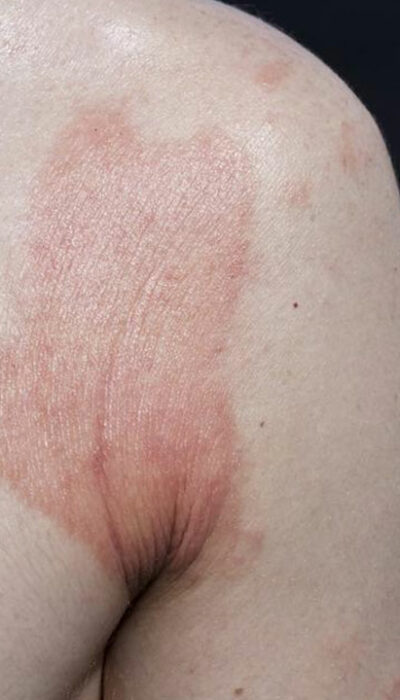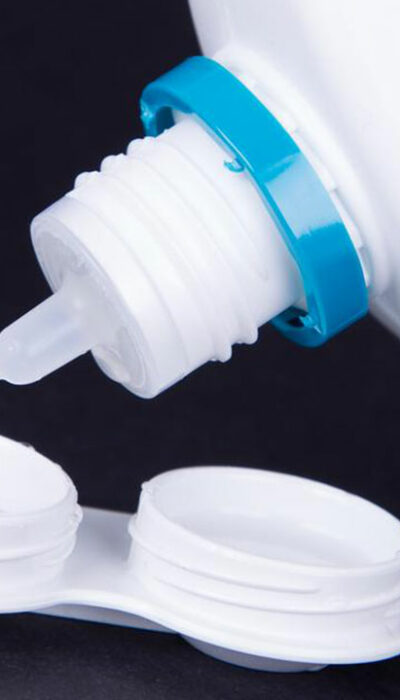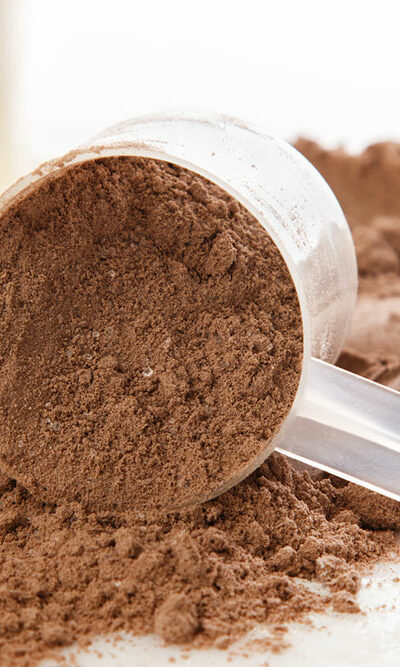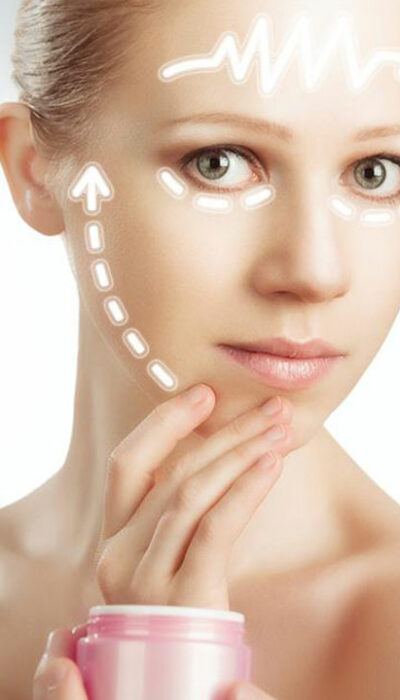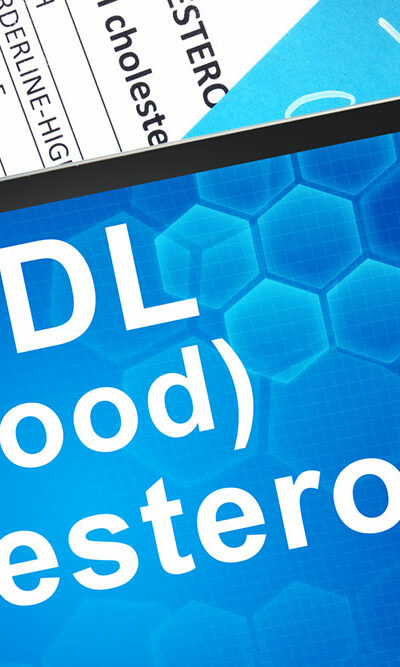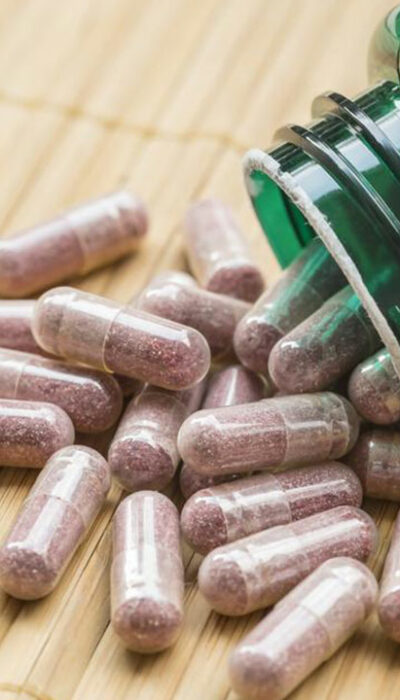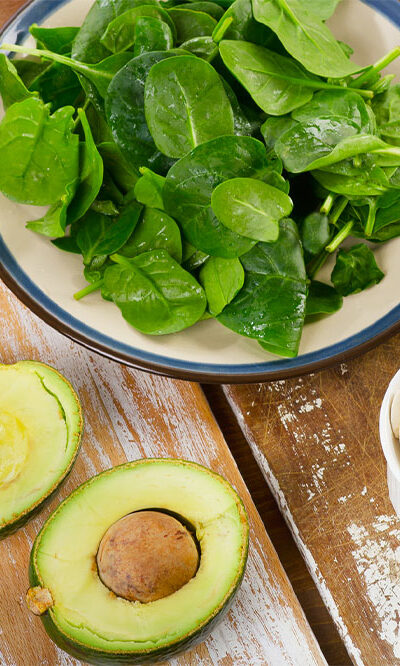
Effective Treatment Options for Itchy Eyes
At times, one may suffer from itchy eyes which could even aggravate into red or swollen eyes. You may feel irritation at the eyelashes. Generally, the itchy eyes are caused due to irritants such as allergens. Pollen and dust particles are the common allergens which cause itching in the eyes. They secrete the compounds known as histamines in the eye tissue which cause swelling and redness. Itchy eyes can be caused by contact lens solutions, creams, shampoos, or makeups. Dry eye syndrome and bacteria can also cause itchy eyes. If you suffer from eye allergies, you must get a quick appointment with your eye specialist to get to know effective and timely itchy eyes treatment options. Some of the popular itchy eyes treatments are as follows: Over-the-counter eye drops: Many eye drops are available as effective itchy eyes treatment options. They help relieve watery eyes, swelling, and redness in eyes. You can get these non-prescription eye drops from medical stores. You can ask the recommendations from your eye doctor. Prescription eye medications: If the eye itching problem is severe you must visit the eye doctor. He will diagnose the problem and prescribe suitable medications. The medications can be oral or eye drops. Some of the types of prescription medications for itchy eyes treatment are as follows: Decongestants: Popular decongestants that are highly popular include pseudoephedrine and phenylephrine. They lessen the white sclera of the eye and reduce inflammation and red eyes. Antihistamines: Histamine is produced in response to the allergens. Histamine dilates the blood capillaries and often results in watery eyes. The antihistamines counter the production of histamine and reduce the allergic reactions and are also one of the most effective itchy eyes treatment options. Steroids: The steroids work well to control the problems related to acute eye allergy symptoms.

